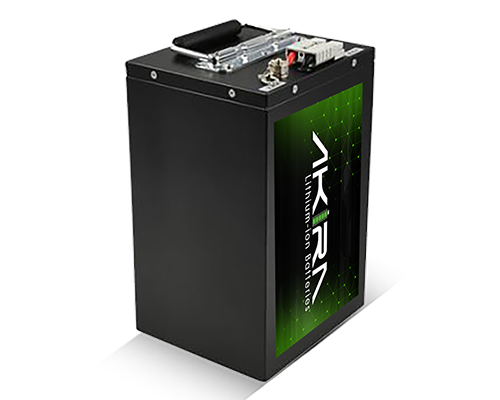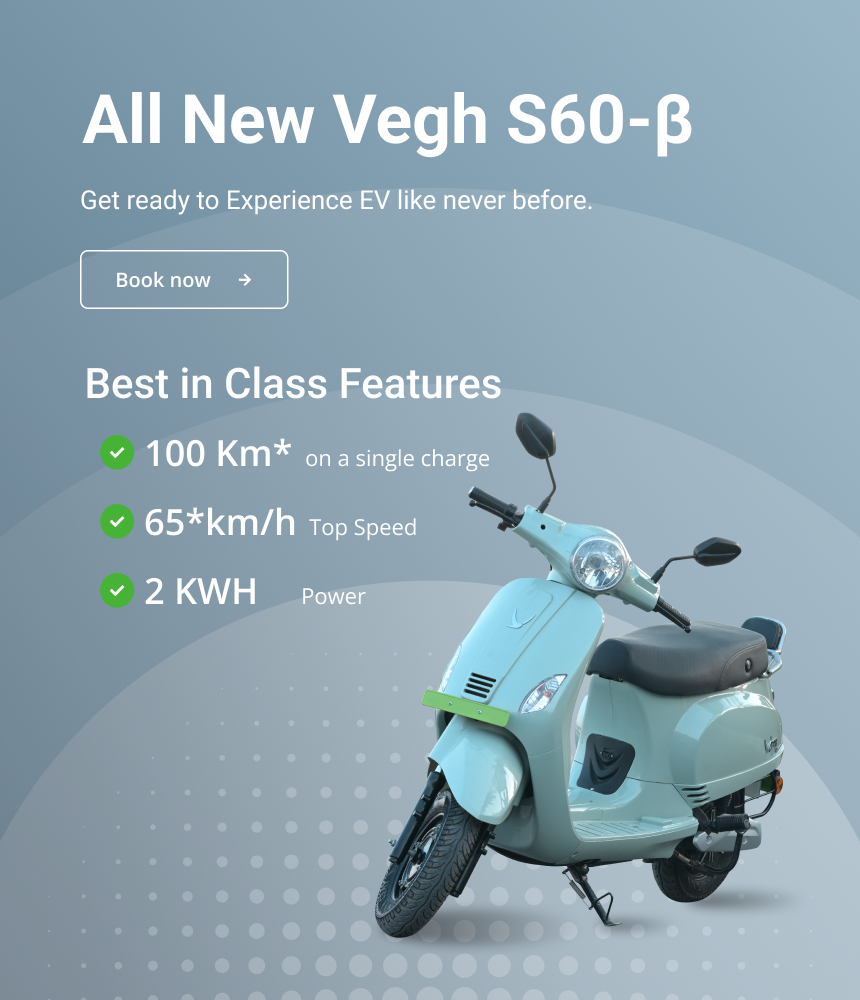Which is the Best Battery for Electric Scooter

The best battery for an electric scooter is a lithium-ion battery. These batteries offer the best balance of performance and longevity.
Choosing the right battery for your electric scooter is crucial for optimal performance. Lithium-ion batteries are popular due to their high energy density and long lifespan. They charge quickly, making them convenient for daily use. These batteries are also lighter, reducing the overall weight of the scooter.
This improves speed and maneuverability. Safety is another advantage, as modern lithium-ion batteries come with built-in safety features. Additionally, they require minimal maintenance, saving you time and effort. Investing in a quality lithium-ion battery ensures a reliable and efficient ride, making it the preferred choice for many electric scooter enthusiasts.

Credit: wiki.ezvid.com
Introduction To Electric Scooter Batteries
Choosing the right battery is very important. A good battery makes your scooter run longer. It also makes the scooter faster. Bad batteries can ruin your ride. They can also make the scooter break down. A good battery saves money in the long run.
Electric scooters use different types of batteries. The most common types are Lithium-ion and Lead-acid. Lithium-ion batteries are light and last longer. They charge faster too. Lead-acid batteries are heavy and cheaper. They don’t last as long as Lithium-ion batteries. Some scooters also use Nickel-metal hydride batteries. These are rare but good. They are better than Lead-acid but not as good as Lithium-ion.

Credit: ruchiragreenearth.com
Lead-acid Batteries
Lead-acid batteries offer a cost-effective solution for electric scooters. Their reliability and ease of maintenance make them a popular choice. These batteries provide consistent power, essential for daily commuting.
Characteristics Of Lead-acid Batteries
Lead-Acid batteries are one of the oldest types. They are heavy and bulky. These batteries are inexpensive. They have low energy density. This means they hold less power per kilogram. Their life span is also shorter compared to other types.
Pros And Cons
| Pros | Cons |
|---|---|
| Low cost | Heavy and bulky |
| Easy to recycle | Shorter life span |
| Reliable | Low energy density |
Nickel-metal Hydride Batteries
NiMH batteries are known for their high energy density. They can store a lot of energy in a small space. This makes them ideal for electric scooters. These batteries are also environmentally friendly. They do not contain toxic heavy metals. Another benefit is their long cycle life. They can be recharged many times. This makes them cost-effective in the long run. NiMH batteries are also less prone to memory effect. They maintain their capacity over time.
NiMH batteries have some limitations. One major issue is their self-discharge rate. They lose charge even when not in use. This can be inconvenient for users. Another limitation is their weight. NiMH batteries are heavier compared to other types. They can make the scooter heavier. They also generate heat during charging. This requires careful management to avoid damage. Their initial cost is higher than some alternatives. This can be a barrier for budget-conscious buyers.
Lithium-ion Batteries
Lithium-ion batteries are very popular. They are light and last a long time. These batteries charge fast. They hold a lot of power. This means your scooter can go far without needing a charge. They are also safe to use. Many electric scooters use these batteries. They make your ride smooth and fun.
Lithium-ion batteries can be costly. You might need to spend more money. They can also get hot. This can be a problem in hot places. Sometimes, they can fail without warning. You need to take good care of them. They can be damaged easily. Always store them in a cool place.
Comparing Battery Performance
The battery capacity affects how far the scooter can go. A larger capacity means a longer range. Most electric scooters have batteries between 250Wh to 500Wh. Choose a battery based on your daily travel needs. A 500Wh battery can travel up to 20 miles. A 250Wh battery might travel only 10 miles.
Lifespan refers to how long the battery lasts before it needs replacement. Durability means how well it withstands daily use. Lithium-ion batteries last around 2 to 3 years. They are more durable than lead-acid batteries. Regular maintenance can extend the lifespan. Avoid overcharging to keep the battery healthy.
Charging time is how long it takes to fully charge the battery. Most electric scooter batteries take 4 to 6 hours to charge. Some fast-charging models can charge in 2 to 3 hours. Shorter charging times mean less waiting and more riding. Always use the charger provided by the manufacturer.

Credit: thevegh.com
Environmental Impact Of Batteries
Electric scooters use different types of batteries. The most common options are Lithium-ion and Nickel-Metal Hydride. Lithium-ion batteries are popular because they last longer and can be recharged many times. They are also lighter, which makes the scooter faster and easier to ride. Nickel-Metal Hydride batteries are less harmful to the environment and do not have toxic metals.
Proper recycling is very important. Batteries can contain harmful materials. Recycling centers can safely handle these materials. Some batteries can be reused in other devices. Always check local recycling programs. Never throw batteries in the trash. They can leak harmful chemicals into the soil and water.
Cost Analysis
The initial cost of a battery affects your choice. Lithium-ion batteries are more expensive than lead-acid batteries. This high price can be a barrier. But, lithium-ion batteries last longer. This means they need fewer replacements. Lead-acid batteries have a lower initial cost. But they may need more replacements over time.
Choosing the right battery can save money in the long run. Lithium-ion batteries have a longer lifespan. This reduces the need for frequent replacements. Also, they are more energy-efficient. This means they use less power to run. Lead-acid batteries cost less upfront. But they may end up costing more over time due to replacements.
User Considerations
Electric scooters should be easy to carry. Lightweight batteries make this possible. Heavy batteries can be a hassle. Look for batteries under 10 pounds. This keeps the scooter easy to lift. Portability matters for urban users. Foldable designs are a plus. Small batteries fit better in such designs.
Some batteries need more care. Lithium-ion batteries are low-maintenance. They don’t need frequent charging. Lead-acid batteries require more attention. They need regular charging. Also, store them in cool places. Lithium-ion lasts longer. This makes them a good choice. Always check the manufacturer’s guidelines. Proper care extends battery life.
Future Of Scooter Batteries
Solid-state batteries are the new trend. They are safer and last longer. Graphene batteries charge very fast. They are light and strong. Silicon anode batteries hold more power. They make scooters go farther. Hydrogen fuel cells are also in the game. They are clean and efficient.
Battery makers are aiming for higher energy densities. This means more power in less space. Faster charging is another focus. Everyone wants quick charges. Longer lifespans save money and reduce waste. Recycling is also important. Old batteries can become new again. Smart batteries are on the rise. They talk to your scooter and phone.
Final Thoughts
Selecting the best battery for an electric scooter hinges on performance, longevity, and cost. Prioritize lithium-ion options for superior efficiency and durability.
Selecting The Right Battery For Your Needs
Choosing the best battery depends on your riding habits. Short trips need a different battery than long rides. Lithium-ion batteries are popular for their lightweight and long life. They can be expensive but offer great performance. Lead-acid batteries are cheaper but heavier. They also have a shorter lifespan. Think about how often you will use your scooter. This will help you decide on the right battery.
The Balancing Act: Performance Vs. Cost
Finding the right balance between performance and cost can be tricky. Spending more on a high-quality battery may save money in the long run. Cheaper batteries might need frequent replacements. Consider your budget and needs before making a decision. Quality often comes with a higher price, but it ensures reliability and safety.

